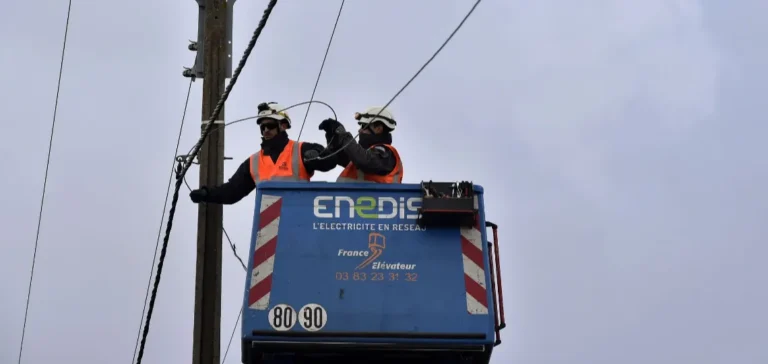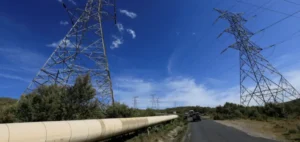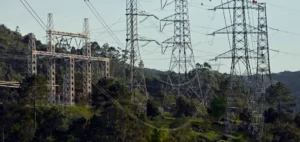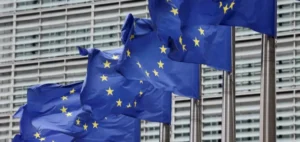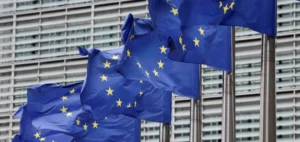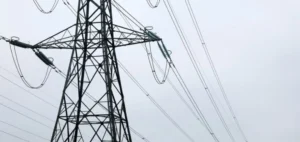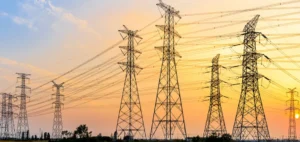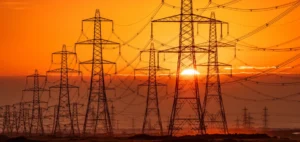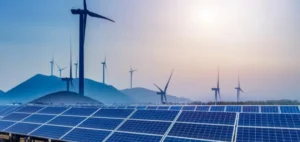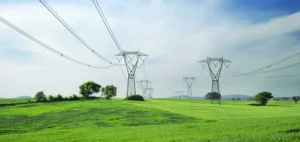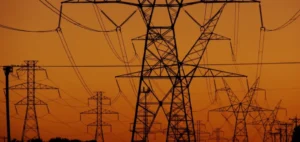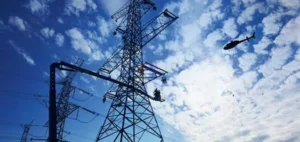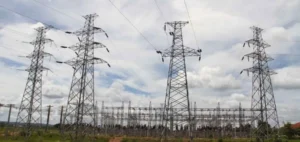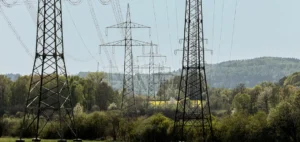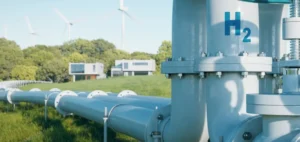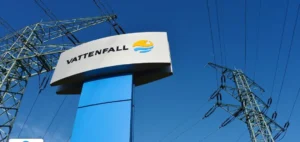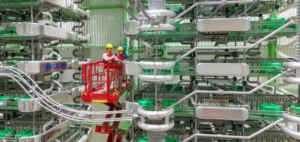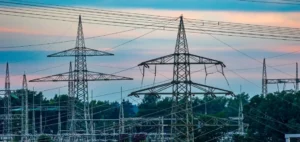EDF signed a second €500mn ($535mn) loan in July with the European Investment Bank (EIB), bringing the total committed to €1bn ($1.07bn) to support interconnection and modernisation projects for the electricity distribution network managed by Enedis. This investment programme, deployed over 2024 and 2025, aims to increase network resilience while supporting the growth of decentralised renewable energy capacity.
Increased connection of decentralised sources
Enedis, which operates 95% of the public electricity distribution network in France, is facing a sharp increase in connection requests from renewable energy producers. By the end of May 2025, the country had nearly 1.2 million renewable electricity producers, two-thirds of whom were self-consumers. In comparison, there were 540,000 at the end of 2021. Approximately 90% of wind and solar electricity is injected into Enedis’ distribution network.
A programme focused on interconnections
The second tranche of financing signed with the EIB will cover around 40% of the investments planned for 2025. The funds will primarily be allocated to the connection of 7 GW of new renewable capacity, as well as the undergrounding or replacement of 2,500 km of power lines. These operations aim to secure electricity transmission and reinforce regional interconnections.
Strategic support from the EU’s financial arm
The European Investment Bank, a long-standing partner of EDF, supported 40% of Europe’s energy network, interconnection, and storage investments in 2024. This new loan is part of the REPowerEU plan, which aims to strengthen the European Union’s energy security through infrastructure expansion and source diversification.
Structural network adaptation to electrification
By 2050, electricity is expected to account for 55% of France’s final energy consumption. In this context, EDF anticipates a significant increase in required interconnections to absorb rising electricity flows, particularly between producing regions and urban consumption zones. Enedis’ programme addresses this trend with a network adaptation strategy based on digitalisation, agility, and resilience.
Ambroise Fayolle, Vice-President of the EIB, stated that “the EU’s bank plays a key role in the continent’s energy security” and that this financing “fully fits into that strategy.”


